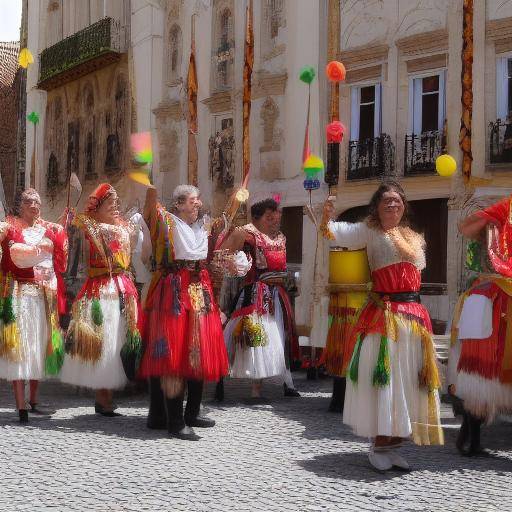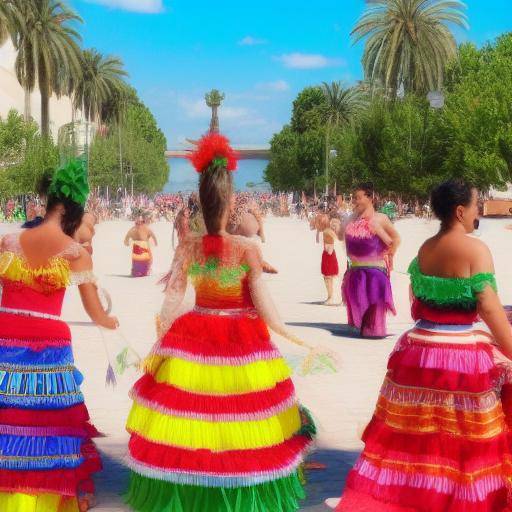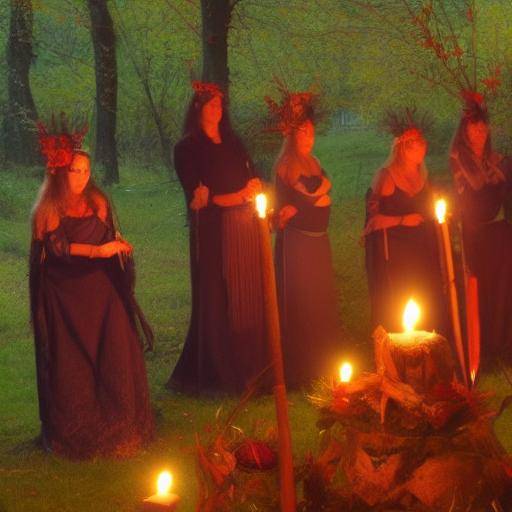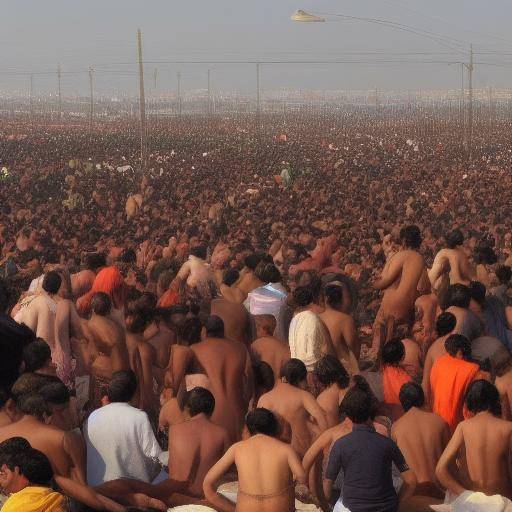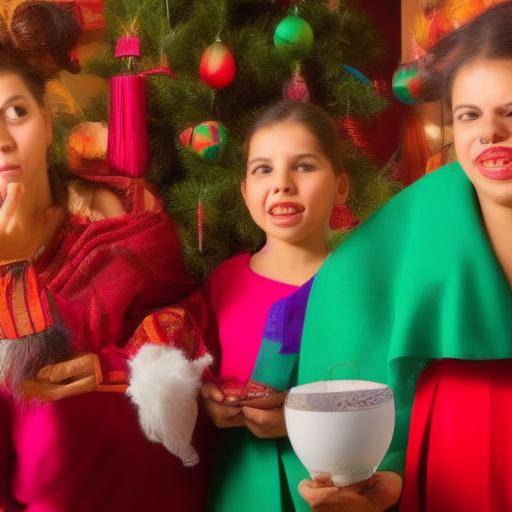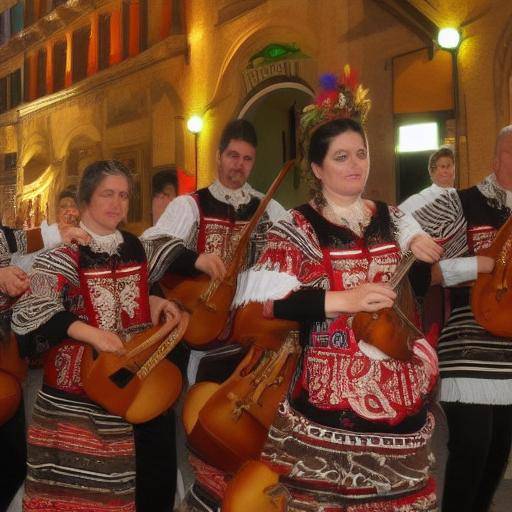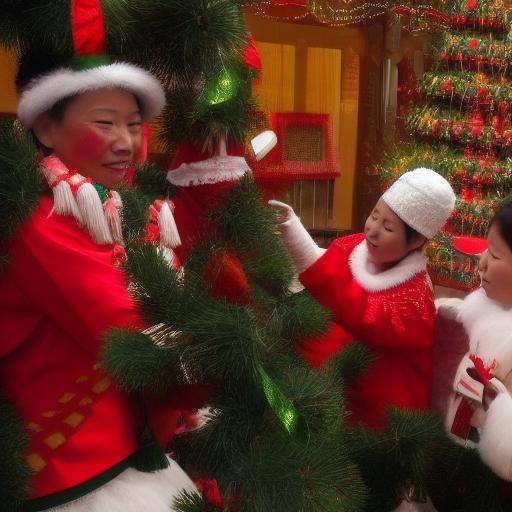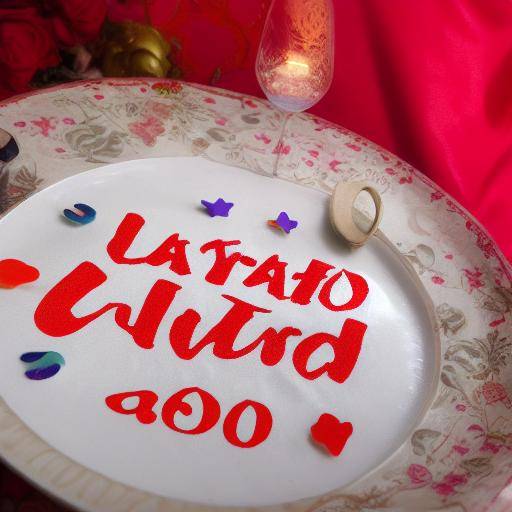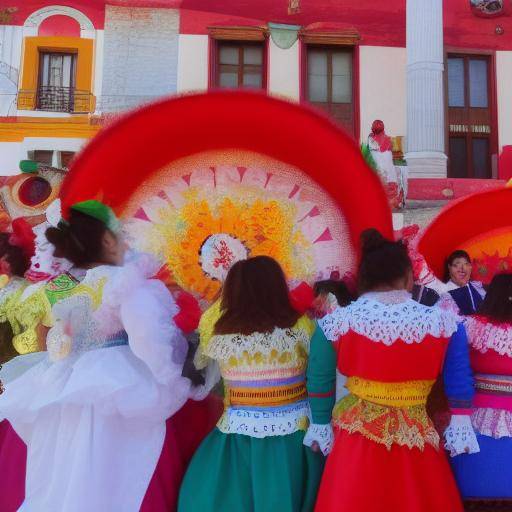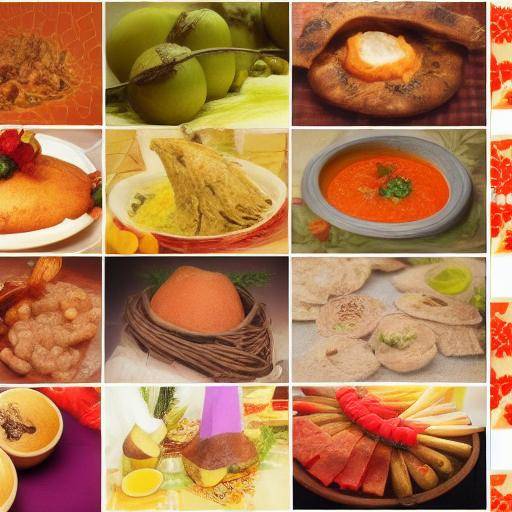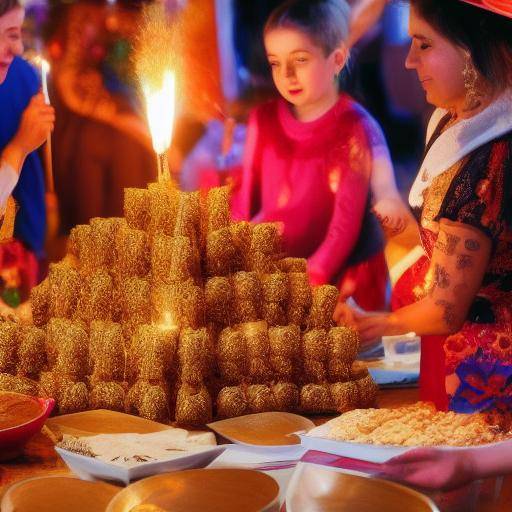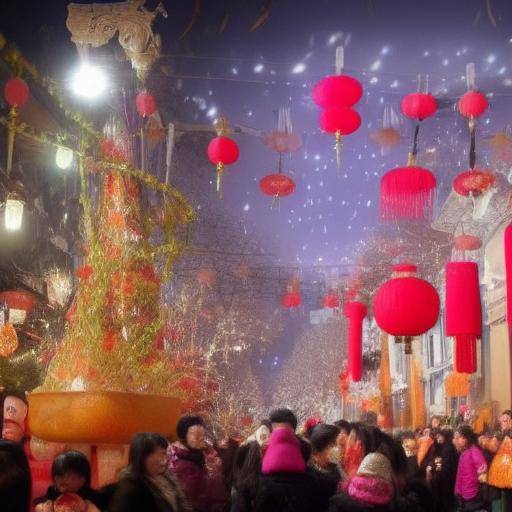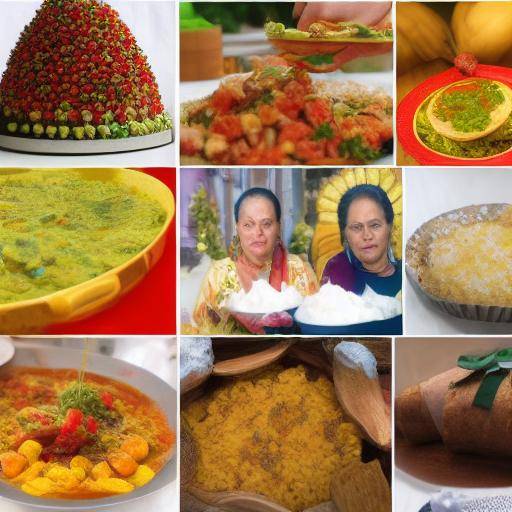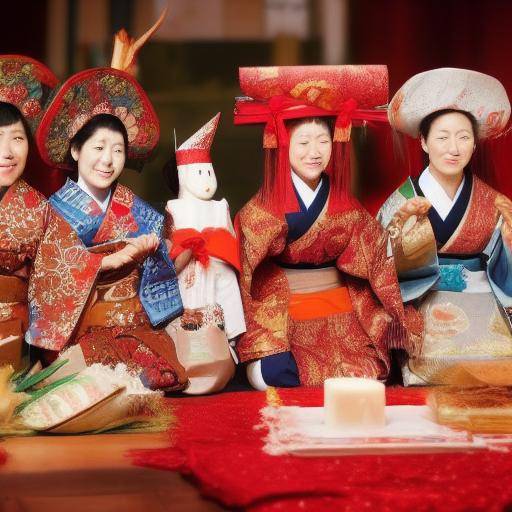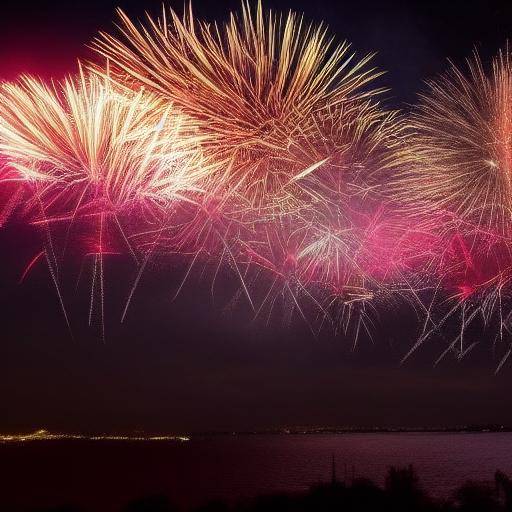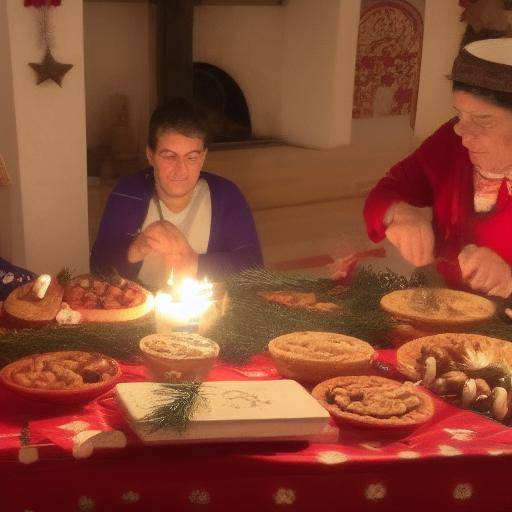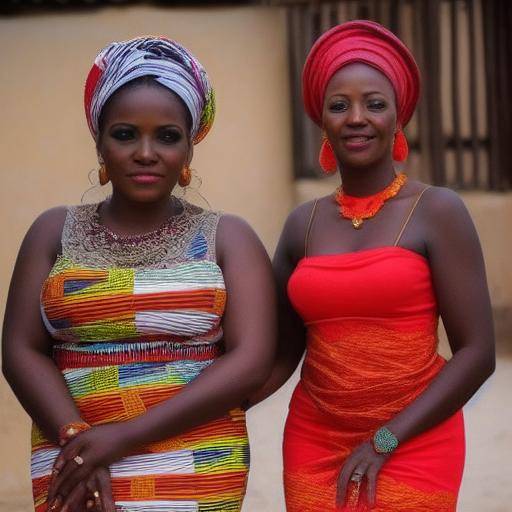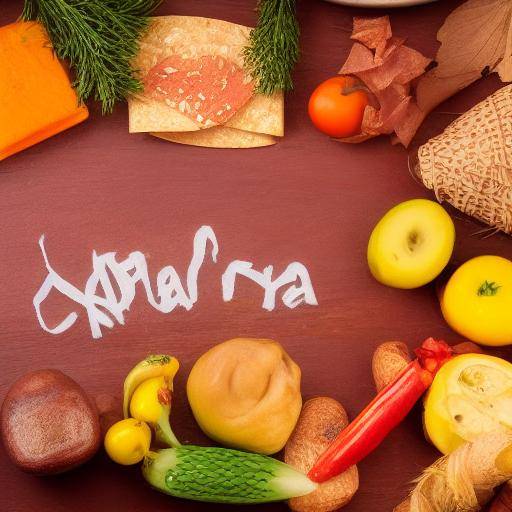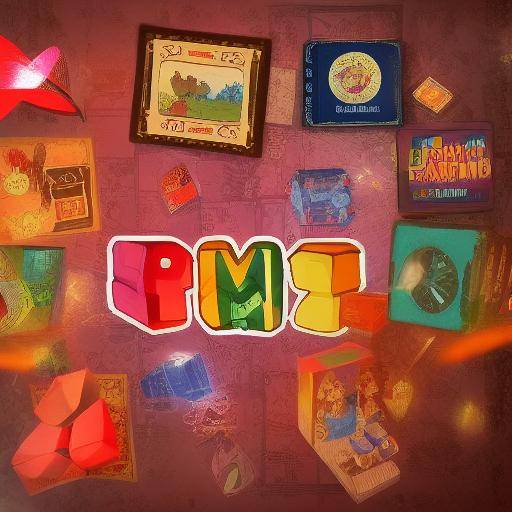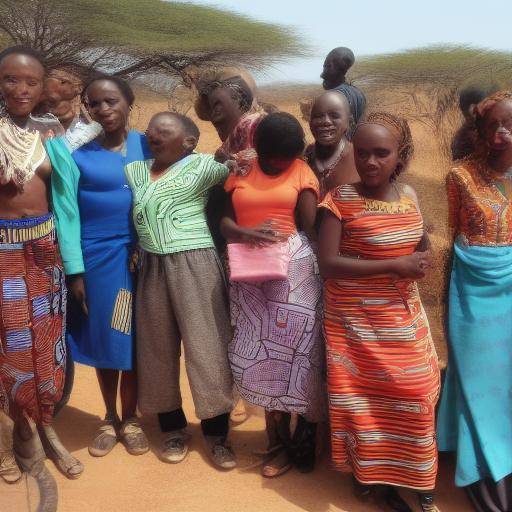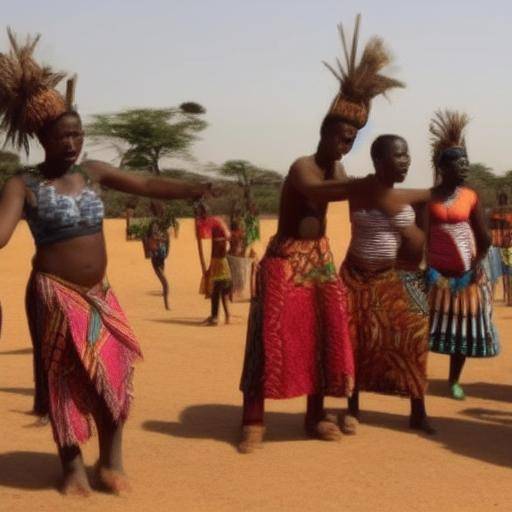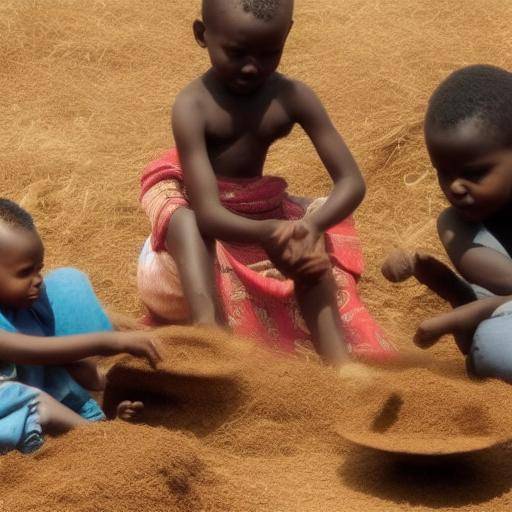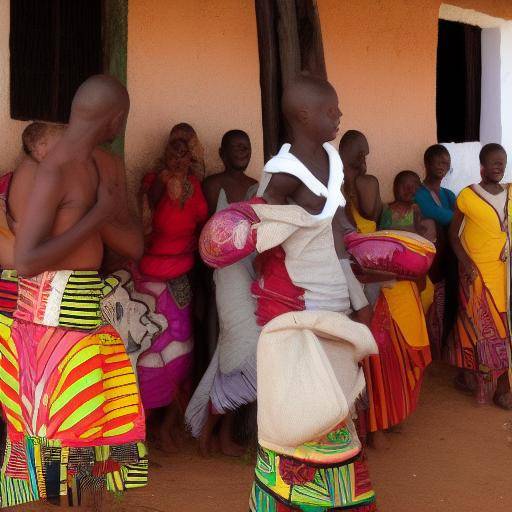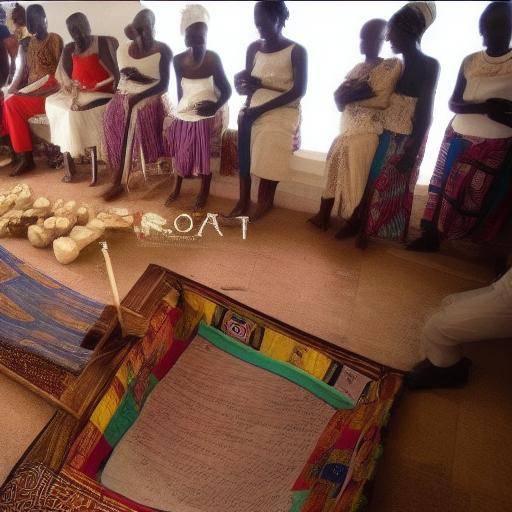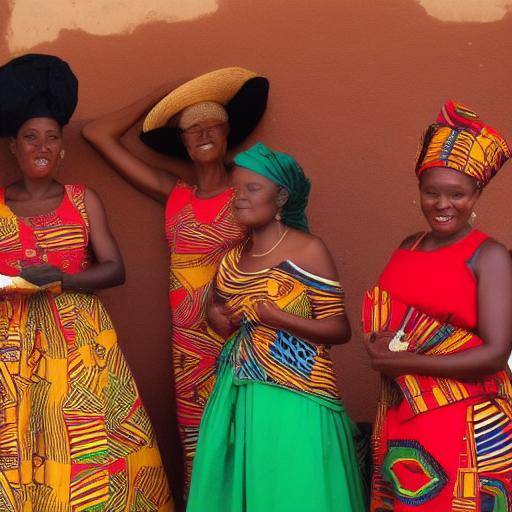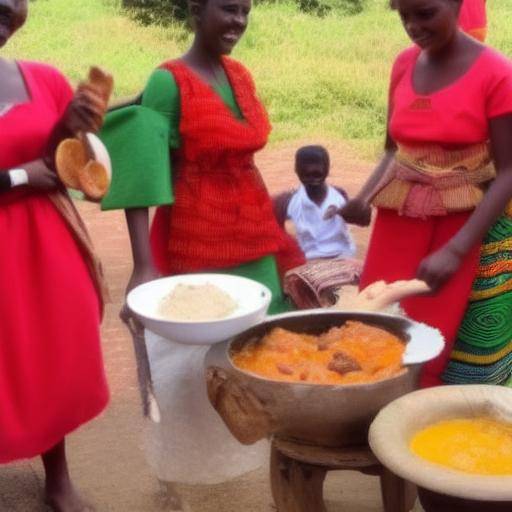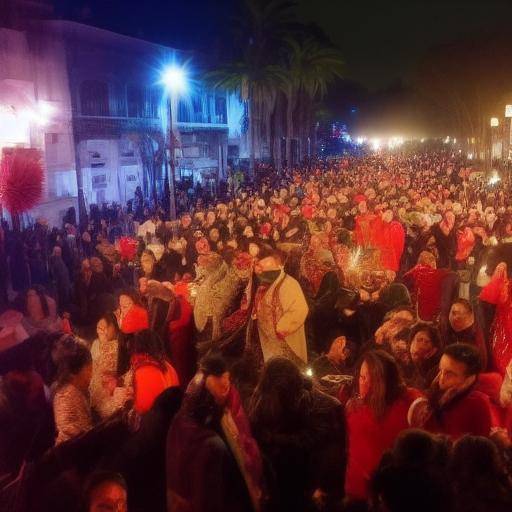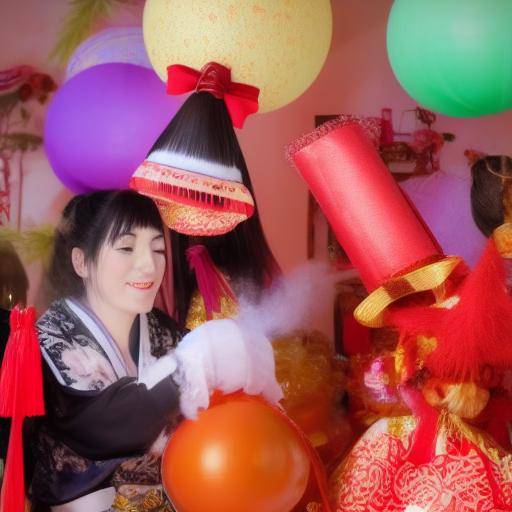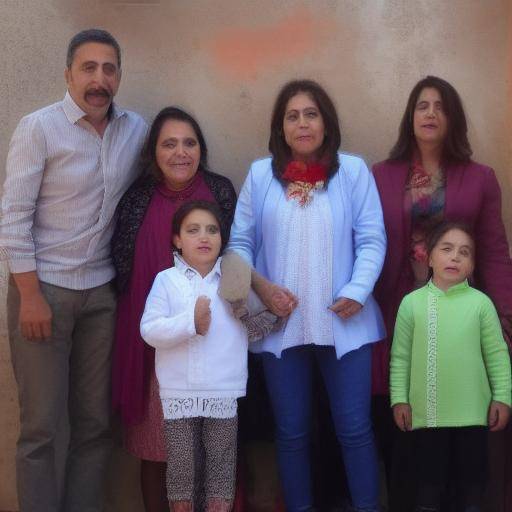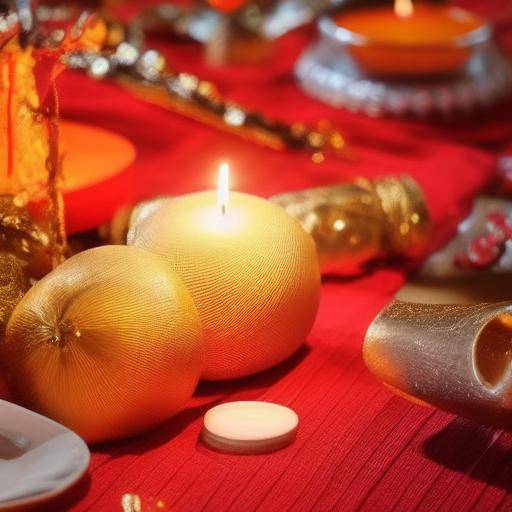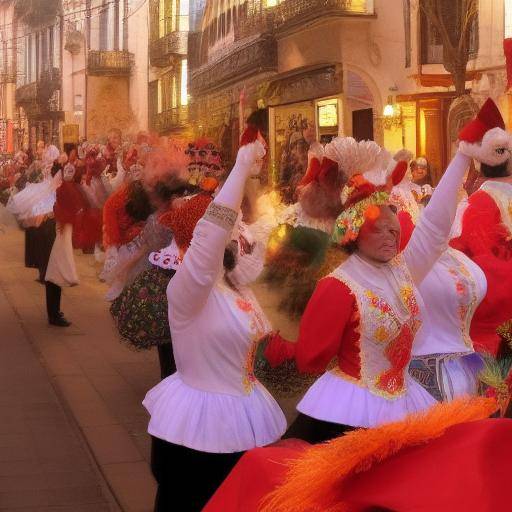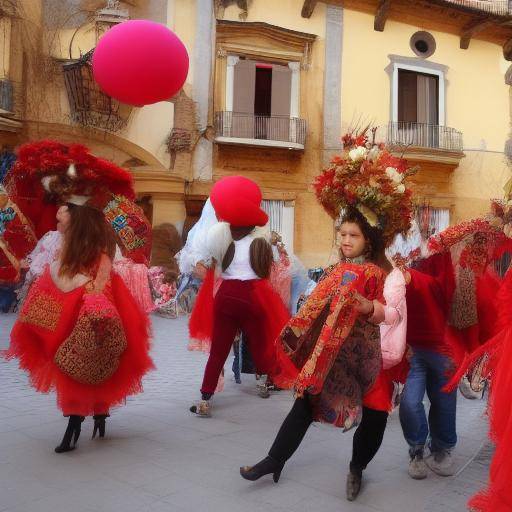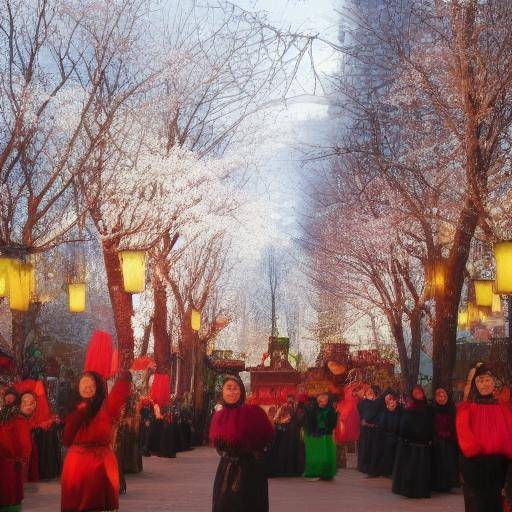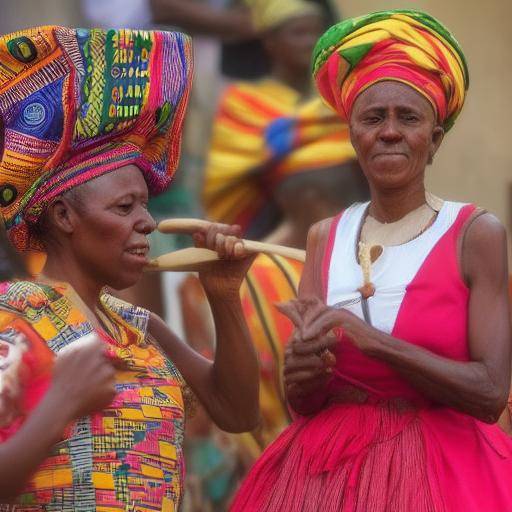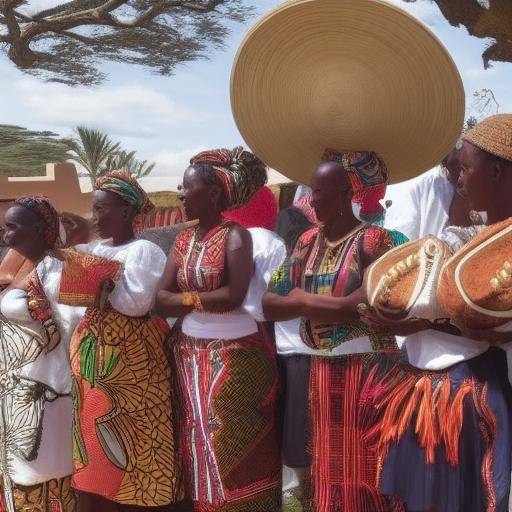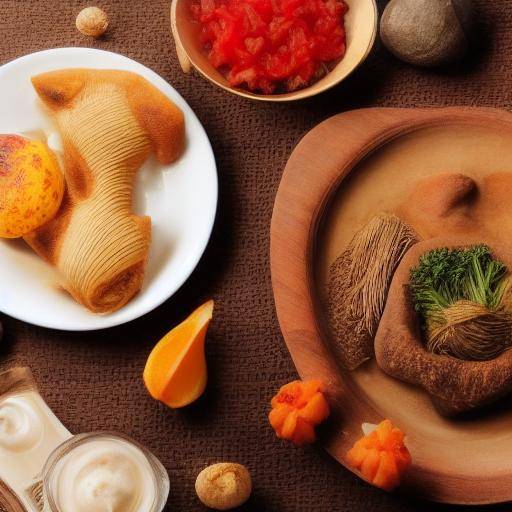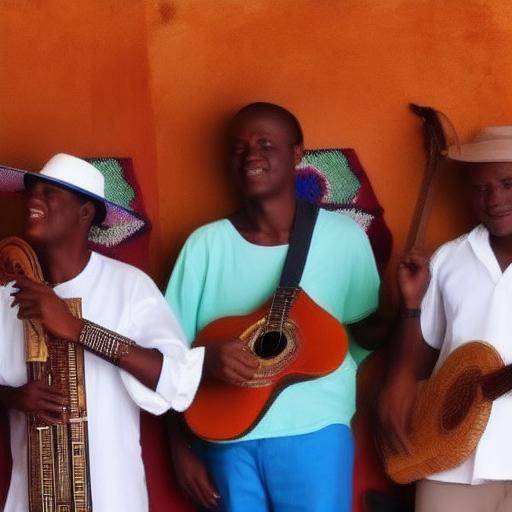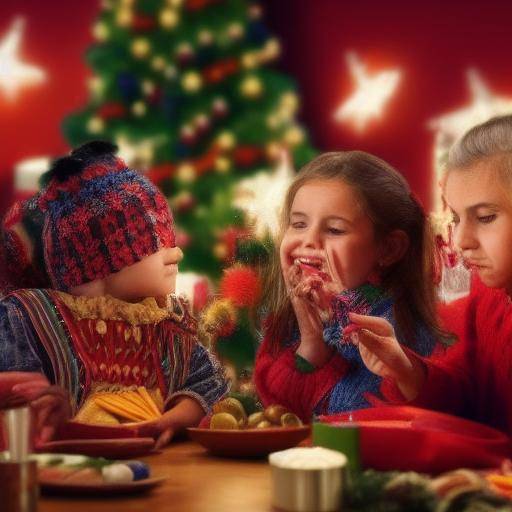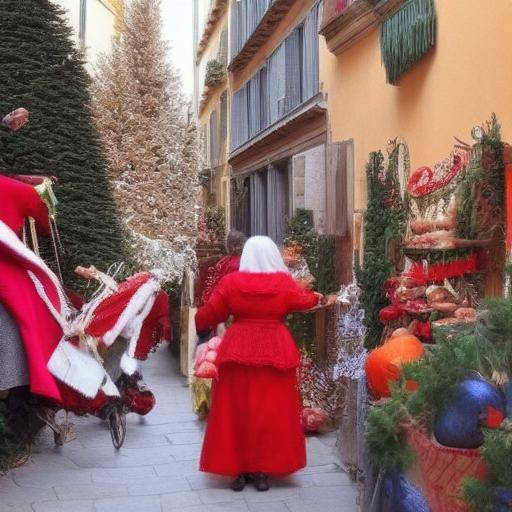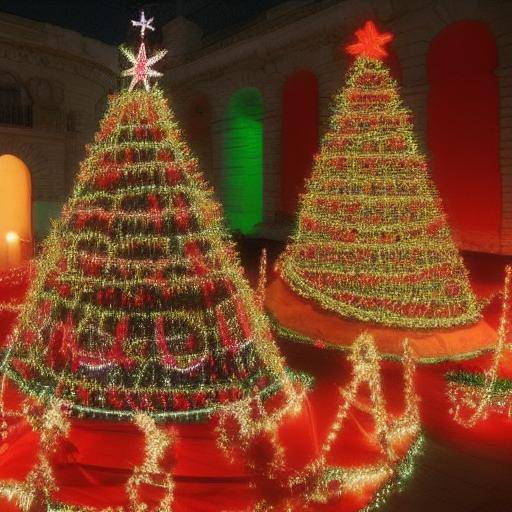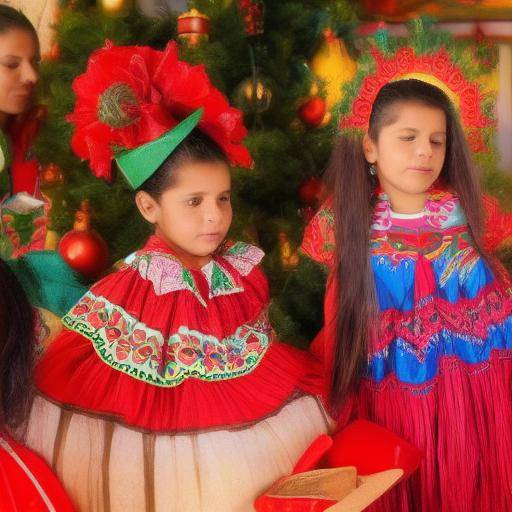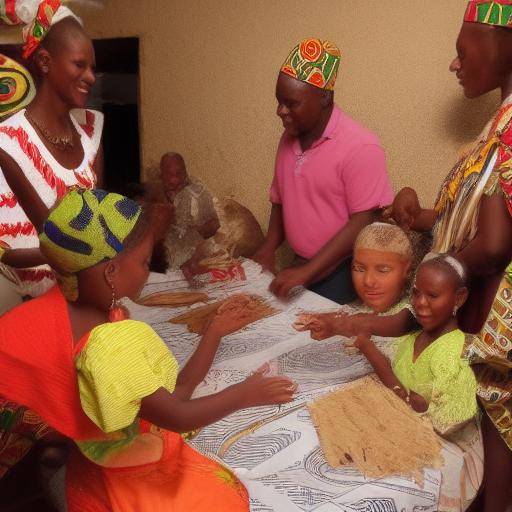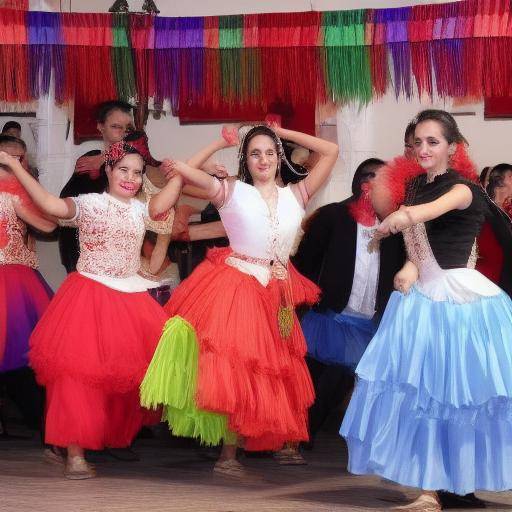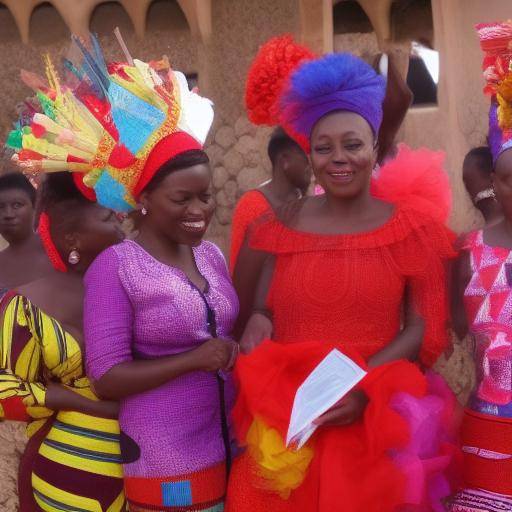
The celebration of the New Year is a moment of great significance in many cultures around the world. In this article, we will explore the fascinating traditions of New Year in the diverse and rich African culture. From ancient rituals to contemporary festivities, we will discover the emblematic practices that mark the beginning of a new cycle in various communities on the African continent.
Introduction: Reflection and Celebration
The traditions of New Year are an opportunity to reflect on the past, celebrate the present and augur good wishes for the future. In the context of African culture, these practices transcend mere festivities, incorporating deep historical, spiritual and community roots. Through this article, we will witness the richness and diversity of New Year's traditions in African culture, exploring both their old roots and their contemporary expressions. Through these festivities, we honor the cultural wealth of Africa and the vivacity of its traditions, recognizing the importance of preserving and celebrating these ancestral rituals.
Continue reading to get into a journey through the traditions of New Year in African culture, discovering its meaning, its evolution over time, and its resonance today.
History and Background
Origins of New Year's Traditions in Africa
The traditions of New Year in Africa have their roots in the diverse cultures and civilizations of the continent. Since time immemorial, African communities have marked the beginning of a new year with rituals, ceremonies and celebrations that reflect their beliefs, values and worldview. These practices are imbued with deep connections to nature, the cycle of life and spirituality.
In various ancient civilizations, such as Egyptian, Nubian and Ethiopian, the New Year was celebrated in synchrony with astronomical events, such as the flooding of the Nile or the appearance of certain stars in the firmament. These festivities not only marked the beginning of a new agricultural cycle, but also had a profound religious and spiritual meaning, linking the renewal of the earth with the renewal of the soul.
In other places, as among the Yoruba peoples in Nigeria, the New Year is closely linked to the practices of worship of the ancestors, with rituals seeking the blessing and protection of those who came before. These connections to history and spirituality continue to permeate the contemporary celebrations of the New Year in Africa, keeping alive the traditions of old.
Developments and Key Milestones
Over the centuries, New Year's traditions in Africa have evolved, adapting to social and cultural changes without losing their fundamental essence. From the ancient festivities that honored the natural cycles to modern celebrations that incorporate elements of contemporary life, New Year's practices in Africa have known to preserve their distinctive character.
Ancient holidays
In ancient Egypt, the New Year, known as "Wepet Renpet", coincided with the annual flooding of the Nile, a crucial event for agriculture and the survival of civilization. The celebrations included offerings to the gods, especially Hapi, the god of the Nile, as well as banquets and festivals that symbolized renewal and abundance.
Among the Yoruba, the festival "Odun Ifa" celebrates the new year with rituals that include animal sacrifices, dances and songs to honor Ifa, the divine oracle. These practices seek to ensure the protection and guidance of ancestral spirits for the coming year.
Contemporary Celebrations
Today, New Year's holidays in Africa vary widely according to the region and the community, but many retain traditional elements. In South Africa, for example, the New Year is celebrated with parades and festivals that combine traditional music and dance with modern influences. In Ghana, the "Hogbetsotso" is an Ewe ethnic festival that celebrates the New Year with processions, dances and rituals of purification.
Cases of Study and Anecdotes
Each African community has its own unique stories and traditions to celebrate the New Year. We then explore some specific examples that illustrate the diversity and wealth of these celebrations.
Egypt: Wepet Renpet
In ancient Egypt, Wepet Renpet marked the beginning of the year and coincided with the appearance of the Syrian star in the night sky, pointing to the next flood of the Nile. This time was seen as a time of renewal and hope, and the festivities included rituals to honor the gods and ask for abundance in the crops.
Nigeria: Odun Ifa
The Odun Ifa festival is a celebration of the new year among the Yoruba of Nigeria. During this festival, the priests of Ifa conduct oracular consultations to foresee the coming year, offering sacrifices and performing rituals to ensure the protection and prosperity of the community. Dances, songs and purification ceremonies are key elements of this celebration.
Ghana: Hogbetsotso
The Hogbetsotso is an annual festival celebrated by the Ewe in Ghana, which marks the beginning of the new year. The festival commemorates the historical migration of the Ewe from Notsie in Togo to its current location in Ghana. Celebrations include parades, traditional dances, purification rituals and speeches by community leaders that reinforce identity and social cohesion.
Conclusion
The traditions of the New Year in African culture are a testimony to the rich heritage and diversity of the continent. Through ancient rituals and contemporary celebrations, these practices reflect the deep connection of African communities with nature, spirituality and history. In exploring these traditions, we not only honor the past, but also celebrate the continuity and vitality of African cultures in the modern world.

